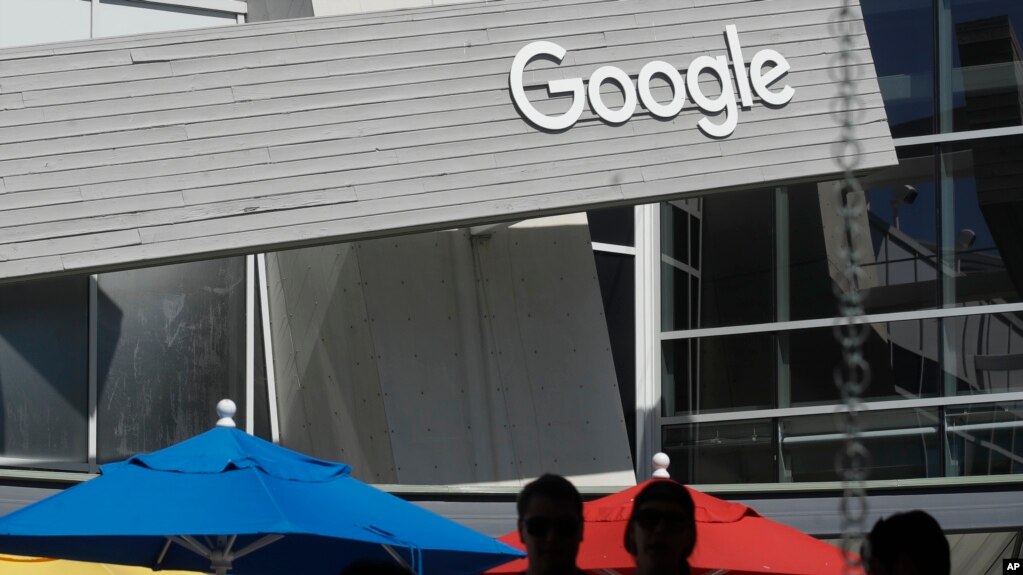
SAN FRANCISCO -
Google announced Wednesday that it achieved a milestone in quantum computing, by developing an experimental processor that completed in just a few minutes a calculation that would have taken thousands of years to the best supercomputer in the world.
The feat could open the door for one day to develop machines so fast that they could revolutionize tasks such as finding new medications, developing infinitely more skilled artificial intelligence systems and, most threateningly, solving the encryption that protects some of the best kept secrets of the world.
There are probably decades to go for such practical uses, the scientists said. However, the findings published Wednesday in the scientific journal Nature show that "quantum acceleration is achievable in a real-life system and is not prevented by any hidden physical law," the researchers wrote.
Large technology companies, such as Google, Microsoft, IBM and Intel, eagerly investigate the field of quantum computing, a new technology and, somehow, disconcerting, to achieve infinitely faster computer processing.
While conventional computing depends on bits, or fragments of data that have a one or a zero, quantum computing uses quantum bits, or qubits, that contain values of one and zero simultaneously.
However, quantum computing requires placing fragile and volatile qubits in coolers cooler than outside space to control them.
Google's quantum processor looks like an inverted trash can from which several tubes used to drive signals to a chip come out. The entire rig is stored in a cold chamber to protect the chip.
Google said its quantum processor, called Sycamore, finish a calculation in 3 minutes and 20 seconds, and says it the world's fastest computer 10,000 years to do the same.
The calculation was a random sampling problem, similar to analyzing the various combinations that could come out of throwing a dice or a betting machine. It has little practical value beyond testing how well the processor works.
"The most interesting milestone will be a useful application," said Chris Monroe, a physicist at the University of Maryland and founder of IonQ.
However, other researchers in the sector rejected the results of Google. A version of the Google article leaked online last month and researchers saw it before it was removed and updated with corrections.
IBM researchers said their conventional supercomputer, called Summit, could do the calculation in 2.5 days.
Google denied the claims of IBM.
Whether or not Google achieved "quantum supremacy," research indicates that the field is maturing.





0 Comments